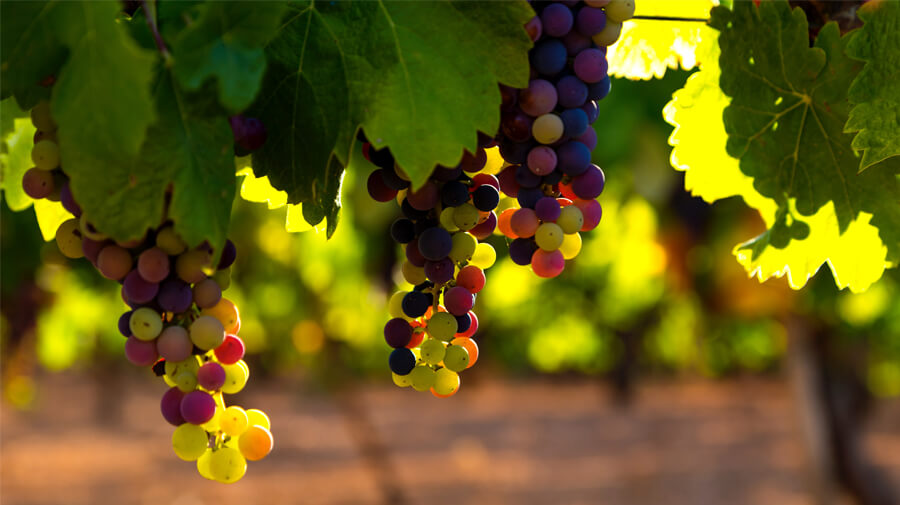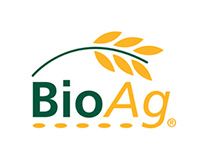
Latest
News
Challenge accepted: Improving organic grape production
A Riverina wine producer has been seeking ways to improve their crop of organically grown grapes.

With an ever-increasing demand for organic grapes, the grower has tried several products and treatments to lift yield and quality. Typically yields are in the range of 6 to 10 tonnes per hectare, while sugar content (Baume) and colour (Anthocyanins) are around 13.0 and 1.0 respectively.
In 2021/22, BioAg accepted the opportunity, or challenge, to improve yields and quality.
The organic demonstration block of 20ha included two varieties – Shiraz and Petit Verdot.
Soil analysis and evaluation played a critical role in determining the program that would optimise returns and fit the budget. The program was designed to build capital nutrients by applying a solid blend of ameliorants and fertiliser, that would sustain the crop for a number of years.
The blend included BioAgPhos, Gypsum and trace elements addressing key nutrient deficiencies, mineral balance, and soil physical properties.
The program also included use of a range of BioAg biostimulants across the season, focused on increasing the numbers and diversity of beneficial soil micro-organisms, improving key properties related to soil biology (Soil & Seed and HydraHume), stimulating early vine vegetative growth (Balance & Grow), and improving fruit set and development (Fruit & Balance). Early season improvement in soil biology is of benefit as it stimulates root growth and improves nutrient cycling and availability by creating organic complexes that aid nutrient absorption.
While the program was implemented, the season was challenging and not as hoped. Cool and wet conditions hindered growth across all the grower’s operations (conventional and organic). However, the wet conditions highlighted the benefit of enhanced early season vigour, as well as the benefit of supporting vines during key growth stages with foliar biostimulants.
Despite the wet and cool conditions, the grower noticed a significant improvement in crop growth throughout the season compared to prior years. The weather conditions brought with it a higher risk and increased occurrence of Downy Mildew and Botrytis across the entire vineyard. The BioAg demonstration block however, suffered fewer incidents of disease compared to all other blocks, including the chemically treated conventional blocks. By supporting early growth and key growth stages, the vines were stronger and healthier and therefore better able to combat disease and stress themselves, without the need for additional chemical treatments.
Yield results were lower than prior years but given the season, the grower was extremely pleased with the yield. Importantly, the quality of the grapes was better than prior years, even with the wetter conditions there was an improvement in Baume to an average of 13.4 and Anthocyanins to an average of 1.5.
The producer was extremely pleased with the outcome and is looking forward to assessing the benefits achieved in a better season.

Recent Comments